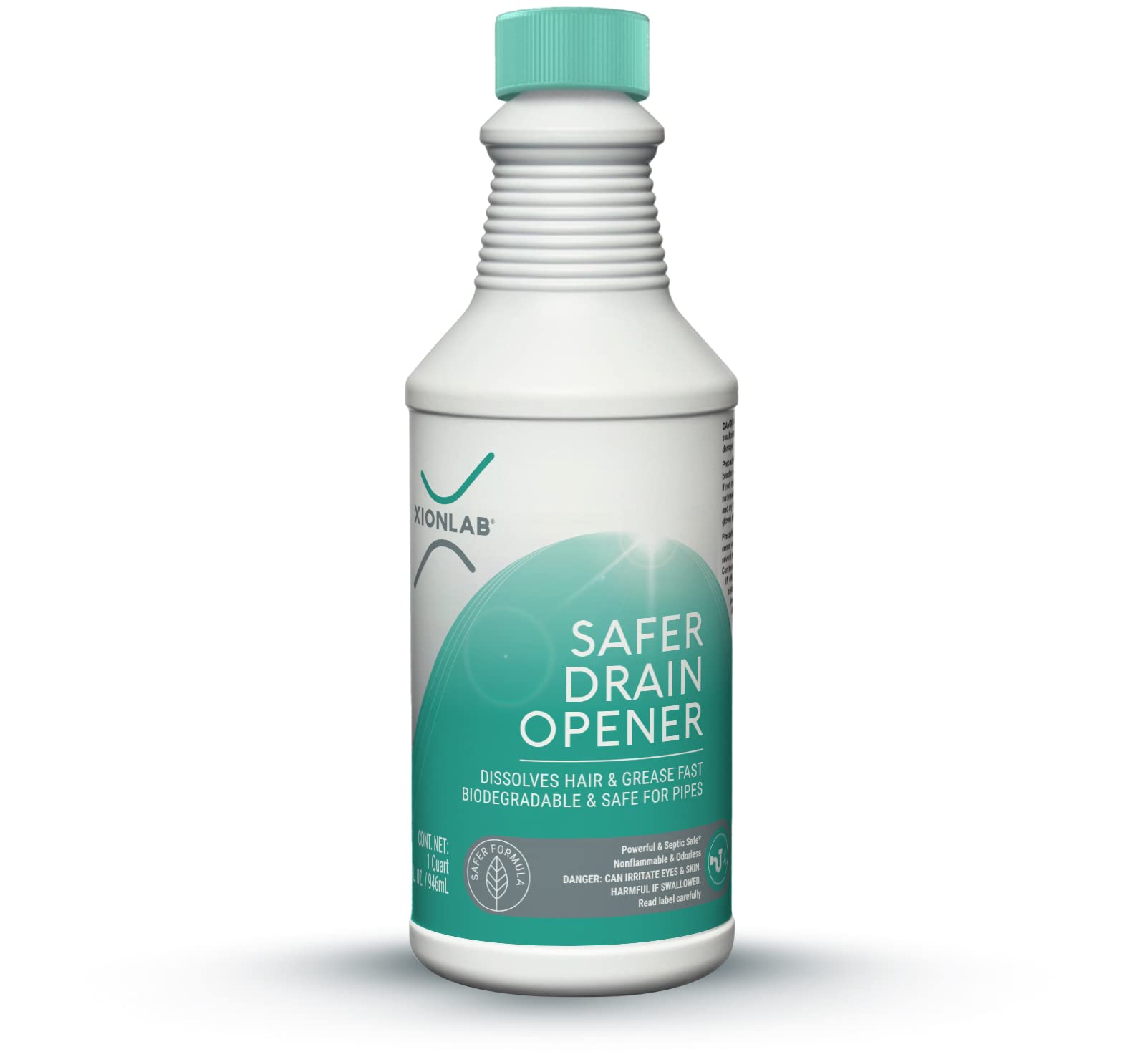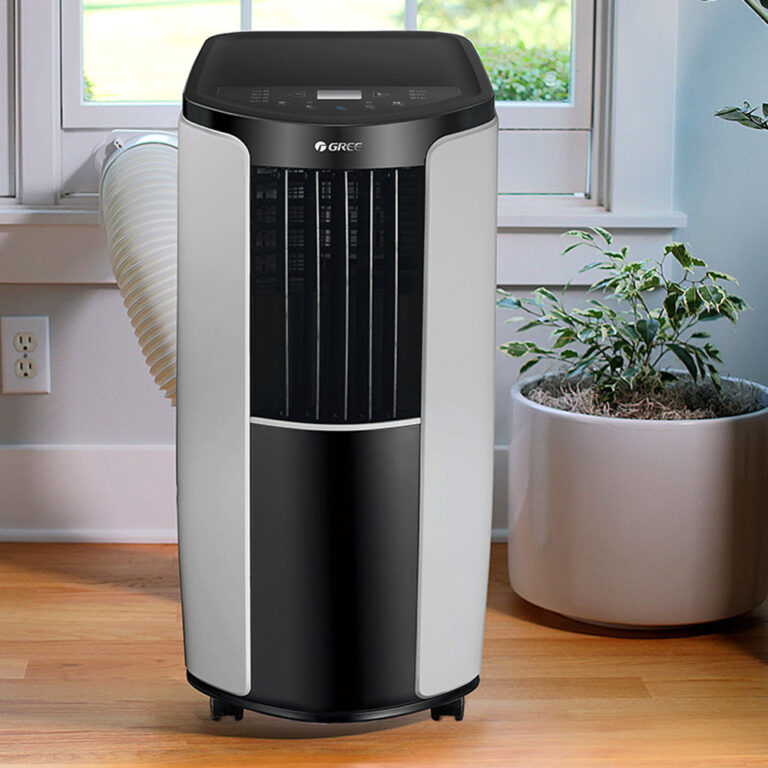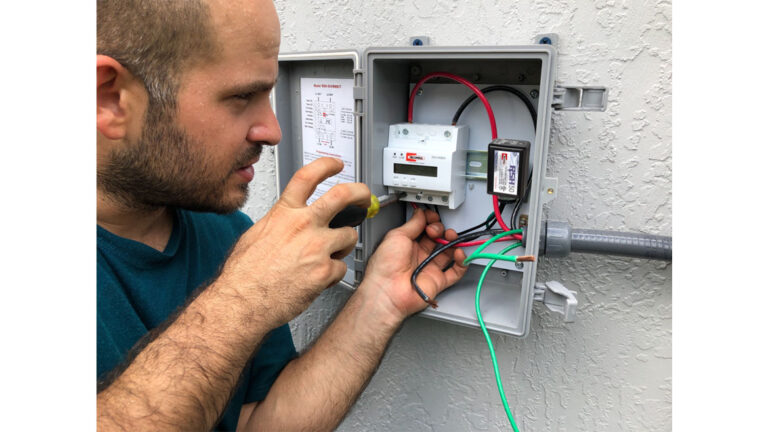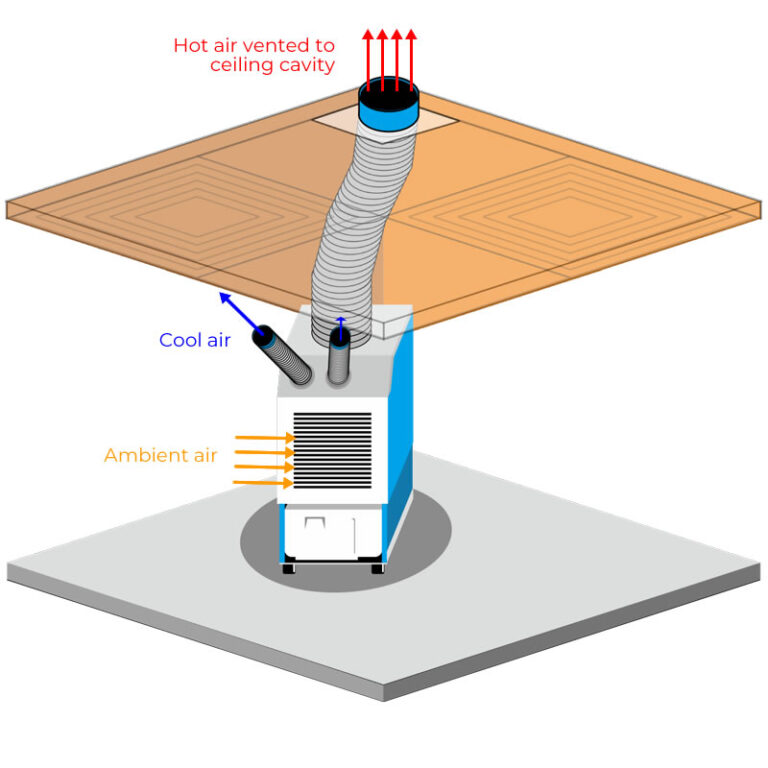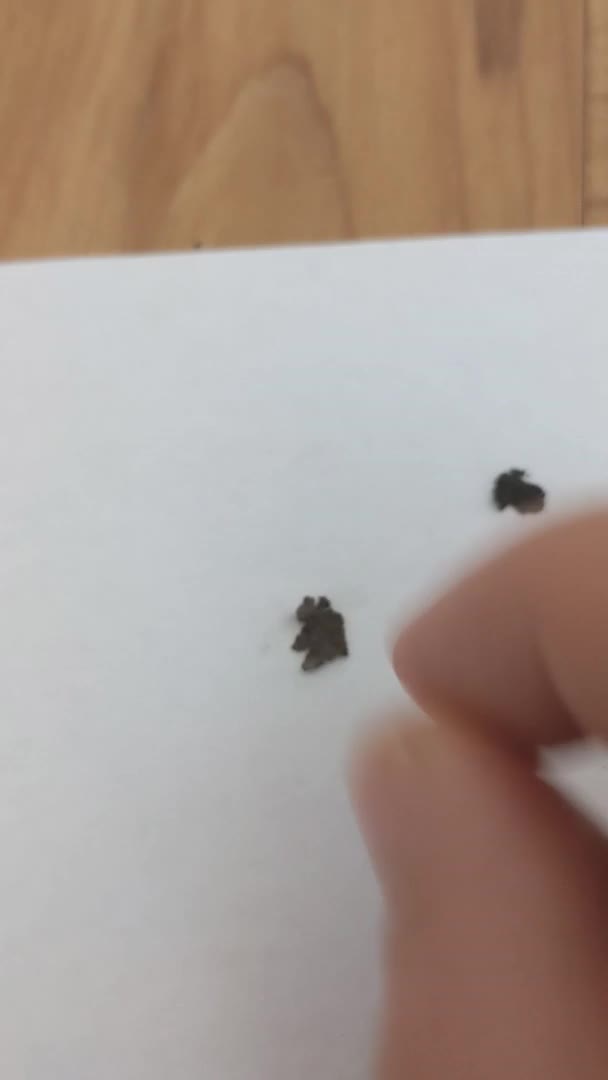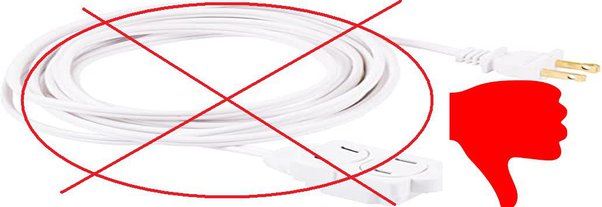Can I Use Drano in My Ac Drain? Discover the Safest and Most Effective Solution
No, it is not recommended to use Drano in your AC drain. Using harsh chemicals like Drano can potentially damage your AC system and is not an effective solution for unclogging the drain.
When it comes to maintaining the functionality of your AC system, it’s important to properly clean and maintain the drain line. A clogged AC drain line can lead to water leaks, reduced cooling efficiency, and even system damage. While Drano may seem like a quick fix, it can cause more harm than good.
Instead, it’s best to use safer and more effective methods such as using a wet/dry vacuum, flushing the drain line with water, or calling a professional HVAC technician for assistance. By avoiding the use of Drano, you can ensure the longevity and efficient performance of your AC system.
Understanding The Ac Drain System
To unclog a clogged AC drain line, it is recommended to avoid using harsh chemicals like Drano. HVAC professionals suggest using alternative methods to unclog the block without causing any damage to the system.
:
The AC drain system plays a crucial role in maintaining the functionality and efficiency of your air conditioning unit. It is responsible for removing excess moisture from the air and preventing it from accumulating inside your AC unit. Here is an explanation of how the AC drain system works:
- The AC drain system consists of a drain pan, drain line, and a drain pipe.
- When your AC unit cools the air, excess moisture is extracted, creating condensation.
- The condensation collects in the drain pan located beneath the evaporator coil.
- From the drain pan, the excess water flows into the drain line, which is a pipe connected to the drain pan.
- The drain line then carries the water out of your home through the drain pipe, effectively removing the moisture from the AC system.
Importance Of A Clean And Well-Functioning Ac Drain:
A clean and well-functioning AC drain is essential for the following reasons:
- Prevents water damage: A clogged AC drain can cause water to back up and overflow, leading to water damage in your home or building.
- Protects your AC system: Excess water accumulation due to a clogged drain can damage your AC unit’s components, such as the evaporator coil, blower motor, and electrical connections.
- Reduces chances of mold and mildew growth: Standing water caused by a clogged drain creates a perfect breeding ground for mold and mildew, which can negatively affect indoor air quality and pose health risks.
- Maintains energy efficiency: A clean drain allows the AC unit to remove moisture efficiently, preventing it from working harder than necessary and consuming more energy.
Potential Issues Caused By A Clogged Ac Drain:
A clogged AC drain can lead to several issues that might affect the performance and lifespan of your AC unit:
- Water leakage: If the drain is clogged, water will accumulate in the drain pan and eventually overflow, causing water leakage in your home or building.
- Reduced cooling capacity: When the drain is clogged, water cannot drain properly, which can lead to decreased cooling efficiency and suboptimal performance.
- Ice formation: Excess moisture due to a clogged drain can cause ice formation on the evaporator coil, restricting airflow and reducing cooling capacity.
- System shutdown: In severe cases, a clogged drain can cause the AC unit to shut down completely to prevent further damage.
Maintaining a clean and well-functioning AC drain system is crucial to ensuring the proper functioning of your air conditioning unit and preventing potential issues caused by a clogged drain. Regular maintenance and professional cleaning are recommended to keep your AC drain system in optimal condition.

Credit: cellinoplumbing.com
Risks And Ineffectiveness Of Using Drano In Ac Drains
Using Drano in AC drains poses multiple risks and is generally ineffective. HVAC professionals recommend avoiding harsh chemicals like Drano as they can cause damage to the system and potentially worsen the clog. It is best to use alternative methods to unclog AC drains.
Using Drano in AC drains may seem like a quick and convenient fix for a clogged drain, but it comes with several risks and potential damages. In this section, we will explore why Drano is not recommended for AC drains, the chemical composition of Drano, and the potential damage it can cause to your AC drain system.
Why Drano Is Not Recommended For Ac Drains
Using Drano in your AC drain system can have serious consequences and is generally discouraged by professionals. Here are a few reasons why Drano is not recommended for use in AC drains:
- Drano is not designed for AC drains: Drano is primarily formulated as a drain cleaner for household plumbing systems, such as sinks and toilets. Its chemical composition is not suitable for removing clogs in AC drain pipes.
- Ineffectiveness in clearing clogs: AC drain pipes are different from regular household drain pipes. The clogs in AC drains are often caused by algae, mold, or bacteria growth, which Drano is not effective at eliminating. Pouring Drano down the AC drain can temporarily alleviate the issue, but it won’t remove the root cause of the clog.
Chemical Composition Of Drano And Its Potential Impact On Ac Drain Systems
Drano contains powerful chemicals that can have adverse effects on your AC drain system. The chemical composition of Drano includes:
- Sodium hydroxide: Also known as lye, sodium hydroxide is a strong alkaline compound found in Drano. It can react with various substances and potentially damage the metal and plastic components of your AC drain system.
- Aluminum particles: Some variants of Drano contain aluminum particles, which can cause further damage to your AC drain system. These particles can react with the chemicals in Drano, leading to corrosion and deterioration of the pipes.
Potential Damage Caused By Using Drano In Ac Drains
Using Drano in AC drains can lead to severe damage to your AC drain system. Here are some potential risks:
- Corrosion: The strong chemicals in Drano can corrode the metal components of your AC drain pipes, leading to leaks and further clogs.
- Pipe degradation: Drano can cause plastic pipes to degrade over time, resulting in cracks, leaks, and potential system failure.
- Harmful fumes: The reaction between Drano and the substances in your AC drain system can release harmful fumes. These fumes can be dangerous if inhaled and may require professional intervention to address properly.
- Expensive repairs: The damage caused by Drano may necessitate costly repairs or even the replacement of your AC drain system. Professionals often recommend alternative methods for unclogging AC drains to avoid these expenses.
Using Drano in your AC drain system is not recommended due to the risks, ineffectiveness in resolving clogs, and potential damage it can cause to your AC drain pipes. It is always best to consult a professional HVAC technician who can provide safe and effective solutions for unclogging AC drains.
Safe And Effective Alternatives To Drano For Ac Drain Cleaning
Avoid using harsh chemicals like Drano to unclog your AC drain line. Opt for safe and effective alternatives to prevent damage to your plumbing system.
Natural Methods For Clearing A Clogged Ac Drain:
- Using vinegar and baking soda: Mix equal parts of vinegar and baking soda and pour it down the AC drain. Let it sit for a few minutes, then flush with warm water. The mixture will help dissolve any clogs and eliminate unpleasant odors.
- Flushing the drain line with water: Connect a garden hose to the drain line and spray water into it to push out any debris or clogs. This method is simple yet effective in clearing minor blockages and preventing future buildup.
- Using a wet/dry vacuum: Attach the vacuum to the AC drain line and turn it on to suck out any debris or clogs. This method can be especially helpful for stubborn clogs that cannot be cleared with other natural methods.
Mechanical Methods For Clearing A Clogged Ac Drain:
- Using a drain snake or auger: Insert the drain snake or auger into the AC drain line and twist it clockwise to break up and remove any clogs. This method is more aggressive and suitable for larger or more persistent clogs.
- Removing and cleaning the drain trap: Locate the drain trap, usually located near the indoor unit of the AC system, and remove it. Clean the trap thoroughly, removing any debris or buildup. This method ensures a thorough cleaning of the drain line and helps prevent future clogs.
Remember, it’s important to use safe and effective alternatives to Drano when clearing a clogged AC drain. These natural and mechanical methods are not only more environmentally friendly but also keep your AC system running smoothly.
Preventive Maintenance Tips For Ac Drain Health
To maintain the health of your AC drain, it is not recommended to use Drano or other harsh chemicals. HVAC professionals suggest avoiding these solutions to prevent damage to the system.
:
Regular cleaning and maintenance to prevent clogs:
- Inspect the AC drain regularly: Check for any signs of clogs or blockages in the AC drain. Look out for standing water or unusual odors near the drain pipe.
- Clean the drain line: Use a mixture of warm water and mild detergent to clean the AC drain line. Pour the solution down the drain and flush it with water to remove any debris or build-up.
- Regularly remove debris: Clear any debris, such as leaves or dust, from the area around the AC unit. This will prevent them from getting into the drain and causing clogs.
- Use vinegar solution: Once a month, pour a mixture of vinegar and warm water down the AC drain. This helps to prevent the growth of mold and bacteria.
Importance Of Professional Ac Maintenance Services:
- Expert knowledge: Professional AC technicians have the expertise and experience to identify potential issues with your AC drain. They can perform a thorough inspection and provide you with the best solutions.
- Efficient cleaning techniques: Professionals have access to specialized tools and equipment that can effectively clean the AC drain line, ensuring that it remains clear and clog-free.
- Preventive maintenance: Regular professional AC maintenance helps to ensure the overall health of your AC system, including the drain. This can help you avoid costly repairs and extend the lifespan of your AC unit.
Signs Of A Clogged Ac Drain And When To Seek Professional Help:
- Water leakage: If you notice water leaking from your AC unit or pooling around it, it could be a sign of a clogged drain. This should be addressed immediately to prevent further damage to your system.
- Unpleasant odors: A clogged AC drain can lead to the growth of mold and bacteria, resulting in foul odors. If you notice any unusual smells coming from your AC unit, it’s important to have it inspected by a professional.
- Reduced cooling efficiency: A clogged drain can affect the overall performance of your AC system, leading to reduced cooling efficiency. If you notice that your AC is not cooling your space as effectively as before, it’s time to call a professional.
- Strange sounds: A clogged drain can cause gurgling or bubbling noises coming from your AC unit. If you hear any unusual sounds, it’s best to have it checked by a professional to avoid further damage.
Remember, preventive maintenance and regular inspections are key to maintaining the health of your AC drain. If you experience any signs of a clogged AC drain, it’s important to seek professional help to avoid further complications.
Frequently Asked Questions For Can I Use Drano In My Ac Drain
What Can I Pour Down My Ac Drain To Unclog It?
You should not pour Drano or any other harsh chemicals down your AC drain. It can damage the pipes.
Can You Put Liquid Plumber In Ac Drain Line?
It is not recommended to put liquid plumber in the AC drain line as it can damage the plumbing system.
What Is The Best Liquid To Clean Ac Drains With?
The best liquid to clean AC drains with is vinegar.
How Do You Unclog An Ac Drain Line Under The Sink?
To unclog an AC drain line under the sink, avoid using harsh chemicals like Drano. Instead, follow these steps: 1. Turn off the AC unit. 2. Locate the drain line and remove the cap if present. 3. Use a wet/dry vacuum to suction out any debris or blockage.
4. Flush the drain line with a mixture of equal parts vinegar and water. 5. Use a pipe brush or stiff wire to gently scrub the inside of the drain line. 6. Flush the line again with clean water. 7.
Replace the cap and turn the AC unit back on. Remember to regularly maintain your AC drain line to prevent clogs in the future.
Conclusion
To unclog a clogged AC drain line, many HVAC professionals recommend avoiding harsh chemicals like Drano. While Drano may not harm your metal or plastic drain pipes, it can be hazardous if not handled with caution. Instead, there are safer and more effective methods to clean your AC drain.
One option is using vinegar, which can help dissolve any buildup or blockages in the drain line. Additionally, regularly cleaning or replacing the air filters in your AC unit can prevent debris from accumulating and clogging the drain. Another preventive measure is installing a drain line trap to catch any debris before it enters the drain line.
By following these tips, you can ensure a properly functioning AC drain without the need for potentially harmful chemicals like Drano.

